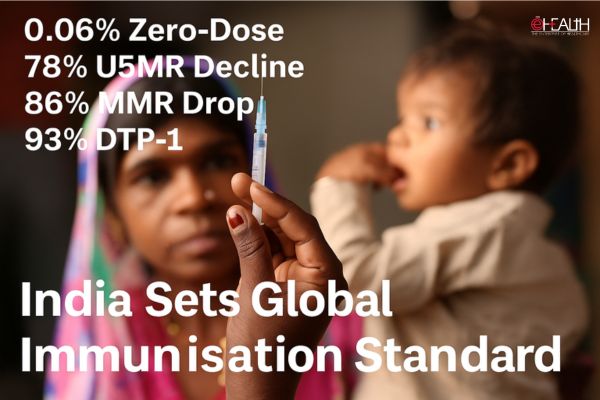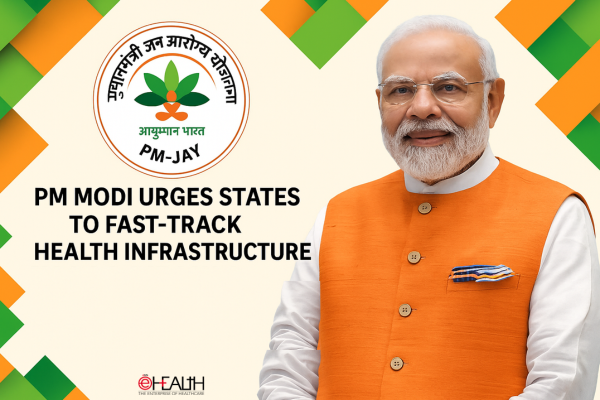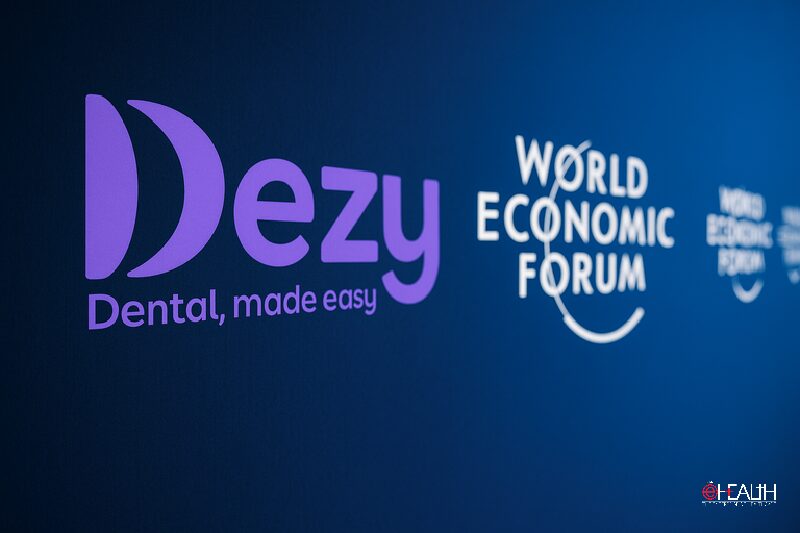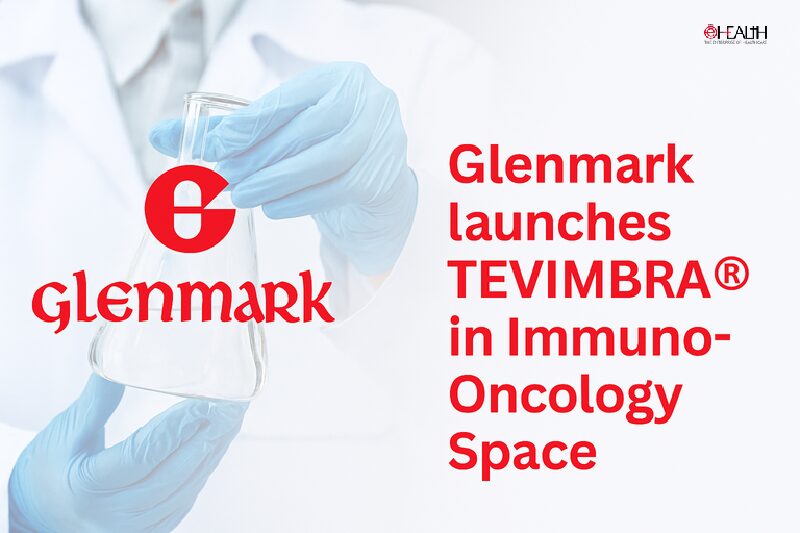
Traffic-related pollution was the prime reason, causing asthma among 350,000 children in India in 2015, says a Lancet report released recently.
India emerged second after China that was badly hit by the disease due to pollutants, said the study which analysed 194 countries and 125 major cities across the globe.

The first global estimates of their kind published in The Lancet Planetary Health journal suggest that more than one in ten childhood asthma cases could be linked to traffic-related air pollution every year.

Susan Anenberg, George Washington University, US, said: “Nitrogen dioxide pollution appears to be a substantial risk factor for childhood asthma incidence in both developed and developing countries, especially in urban areas.”

“Our findings suggest that the World Health Organization guideline for annual average NO2 concentrations might need to be revisited, and that traffic emissions should be a target to mitigate exposure,” Anenberg said in a statement.

Also read: Study Says Kids With Asthma Suffer From Anxiety
“Our study indicates that policy initiatives to alleviate traffic-related air pollution can lead to improvements in children’s health and also reduce greenhouse gas emissions,” said lead author Ploy Achakulwisut from George Washington University.
Traffic-related air pollution may result in asthma development as pollutants may cause damage to the airways, leading to inflammation that triggers asthma in genetically predisposed children.
NO2 is just one component of air pollution, which is made up of many pollutants (including particulate matter, ozone, carbon monoxide), which are known to have numerous adverse effects on health.
The country with the highest rate of traffic pollution-related childhood asthma was Kuwait (550 cases per 100,000 children each year), followed by the UAE (460 per 100,000), and Canada (450 per 100,000).
The largest number of cases of traffic pollution-related asthma was estimated for China (760,000 cases). US with 240,000 cases came third followed by Indonesia (160,000) and Brazil (140,000).
Be a part of Elets Collaborative Initiatives. Join Us for Upcoming Events and explore business opportunities. Like us on Facebook , connect with us on LinkedIn and follow us on Twitter , Instagram.
"Exciting news! Elets technomedia is now on WhatsApp Channels Subscribe today by clicking the link and stay updated with the latest insights!" Click here!
















